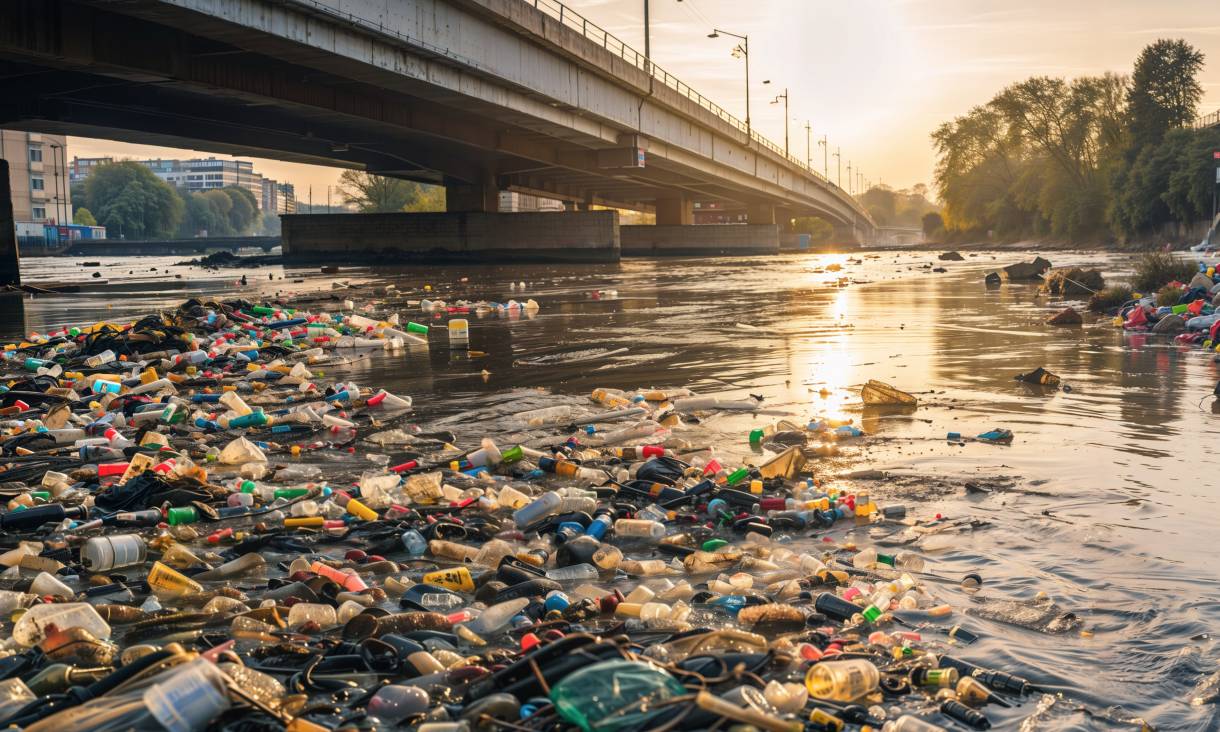Plastics play a major role in the global economy, benefitting a wide range of industries such as agriculture, healthcare, packaging, construction and transportation but the existing approaches are unsustainable.
Plastics play a major role in the global economy, benefitting a wide range of industries such as agriculture, healthcare, packaging, construction and transportation but the existing approaches are unsustainable. Most of the end-of-life of plastics is lost leading to plastic waste pollution, posing a major environmental challenge. The Solving Plastic Waste CRC addresses this challenge across the entire plastics value chain and will accelerate Australia’s progress towards eliminating plastic pollution, establishing a circular and climate neutral plastic economy, while growing its advanced manufacturing sector. The Solving Plastics Waste CRC is one of two national CRCs to be announced in the current CRC Program selection round. With a contribution of $40 million from the Australian Federal Government, the total value of the CRC is 140.6 million, including the CRC program grant and contributions from partners. This CRC will deliver major economic, and environmental benefits and training for careers in Australia’s transformed plastics industry.
A team from RMIT has been involved in the bid and will continue to work on this 10-year project, including Professor Usha Iyer-Raniga from the School of Property, Construction and Project Management who is leading the area of circular economy program in this CRC.
